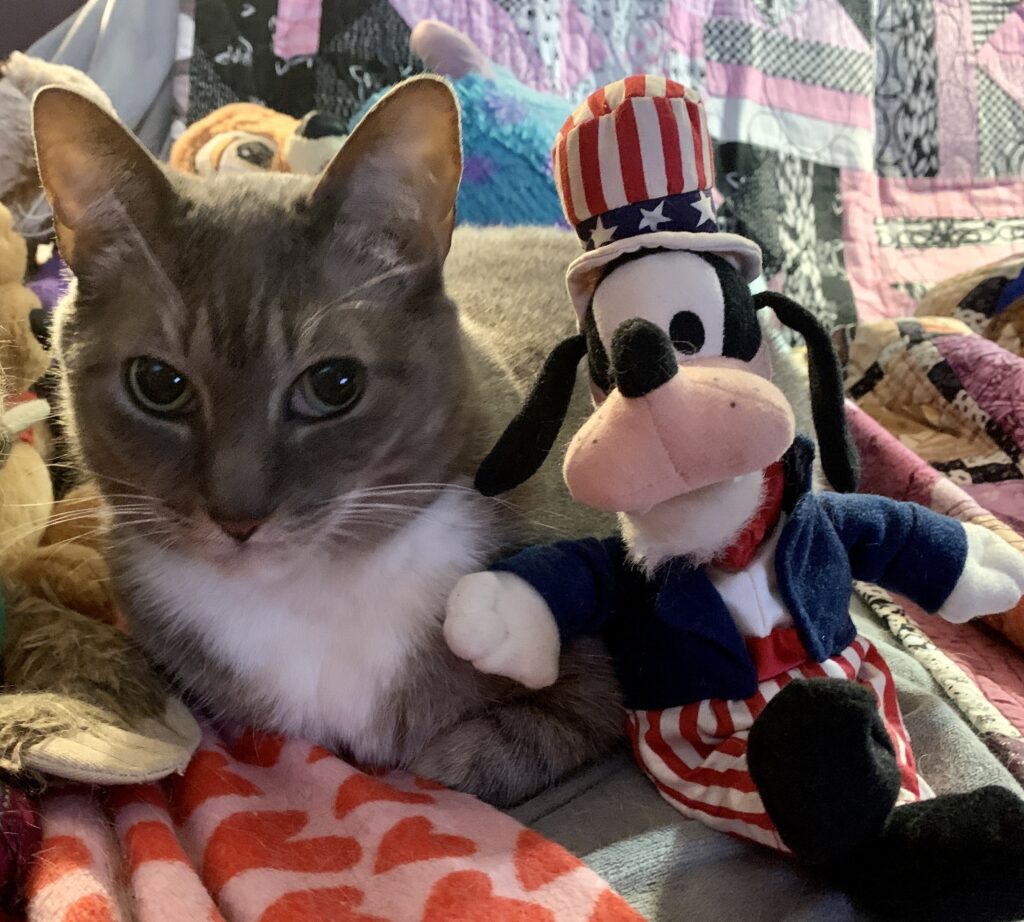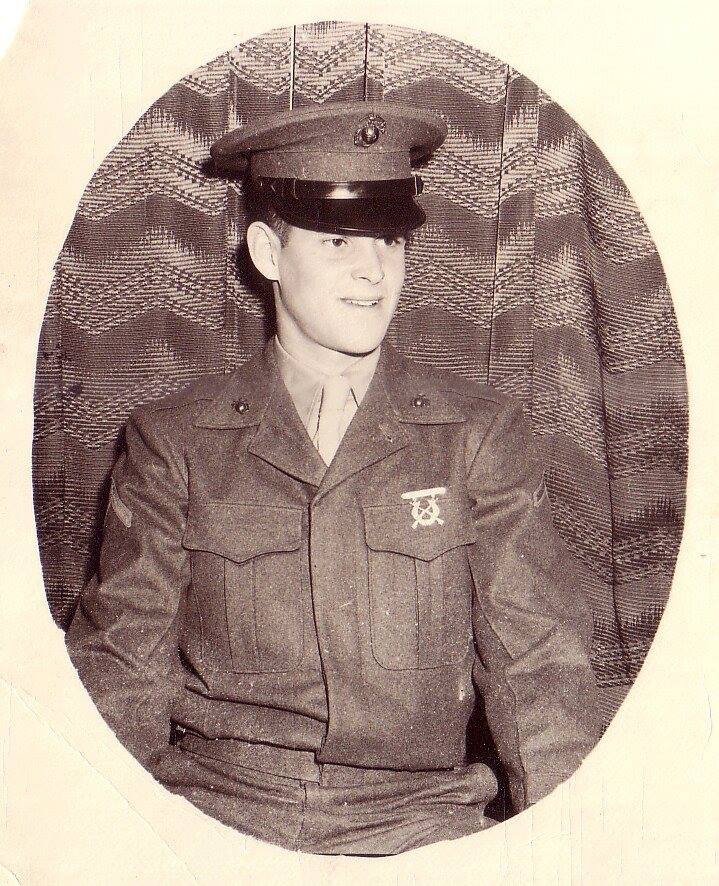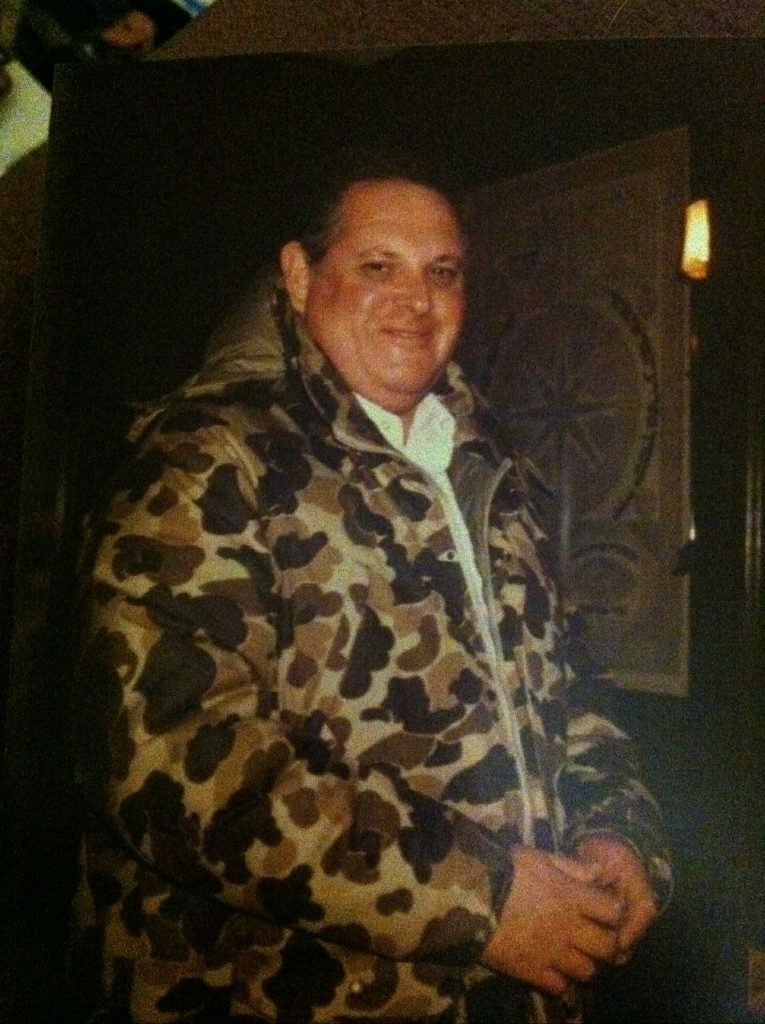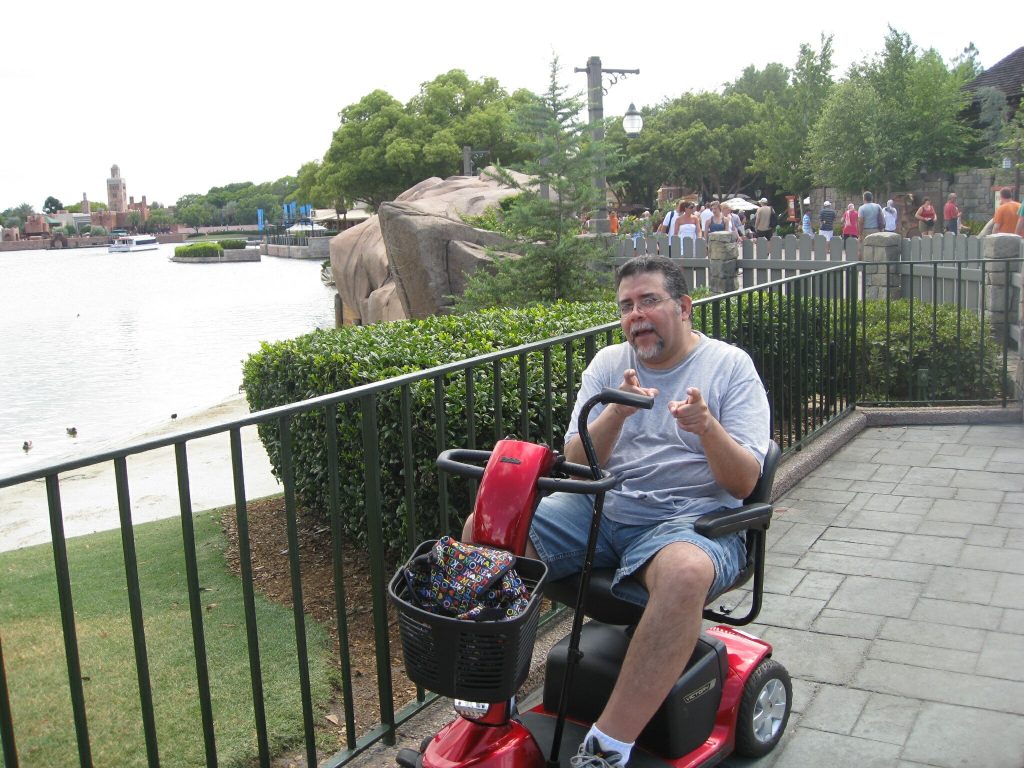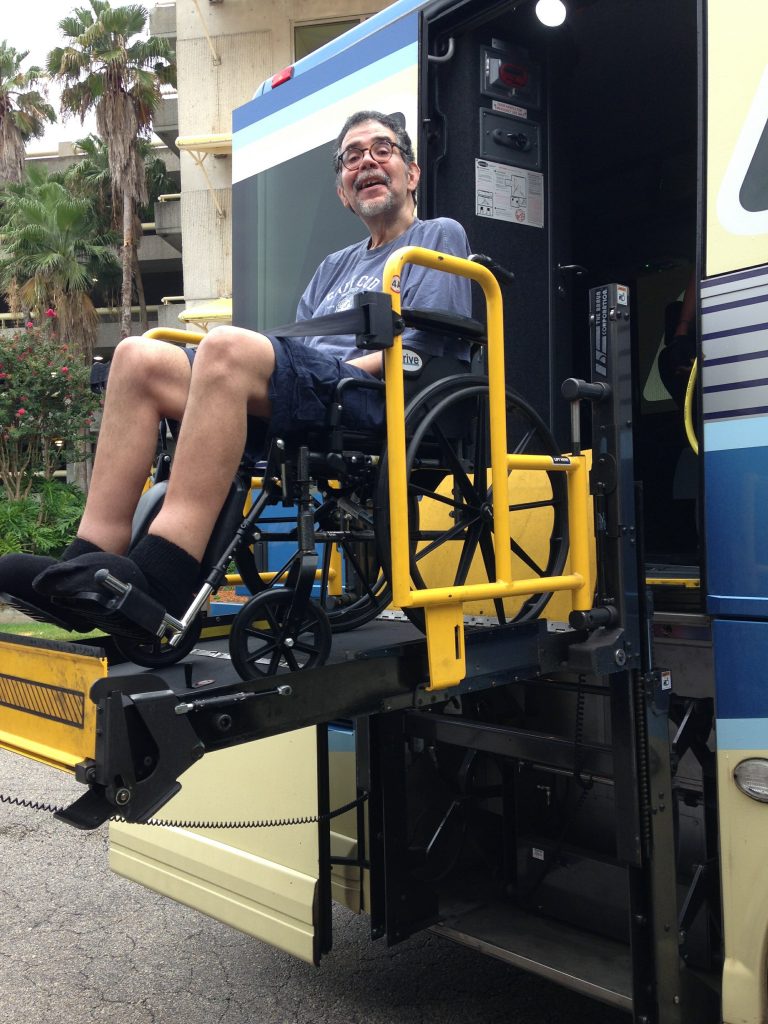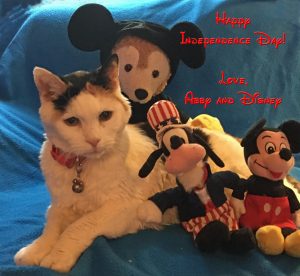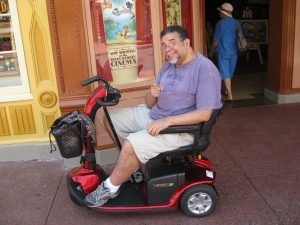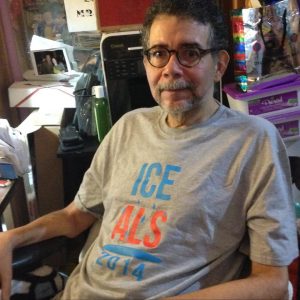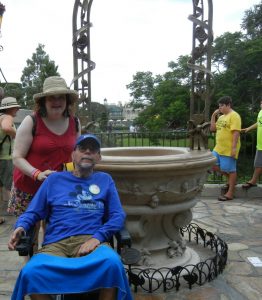Thinking about ALS and Independence on July 4th
Today, here in America, we celebrate Independence Day. In our challenging political climate, I cannot help but reflect on how our independence seems so fragile. I think about my dad on holidays such as these, and how he, the proud Marine, lamented that less and less families displayed a flag. As much as I miss him, I am relieved that he is not living through these times because I firmly believe that it would make him physically ill. He would be worried about my future, but at least now he is watching over me.
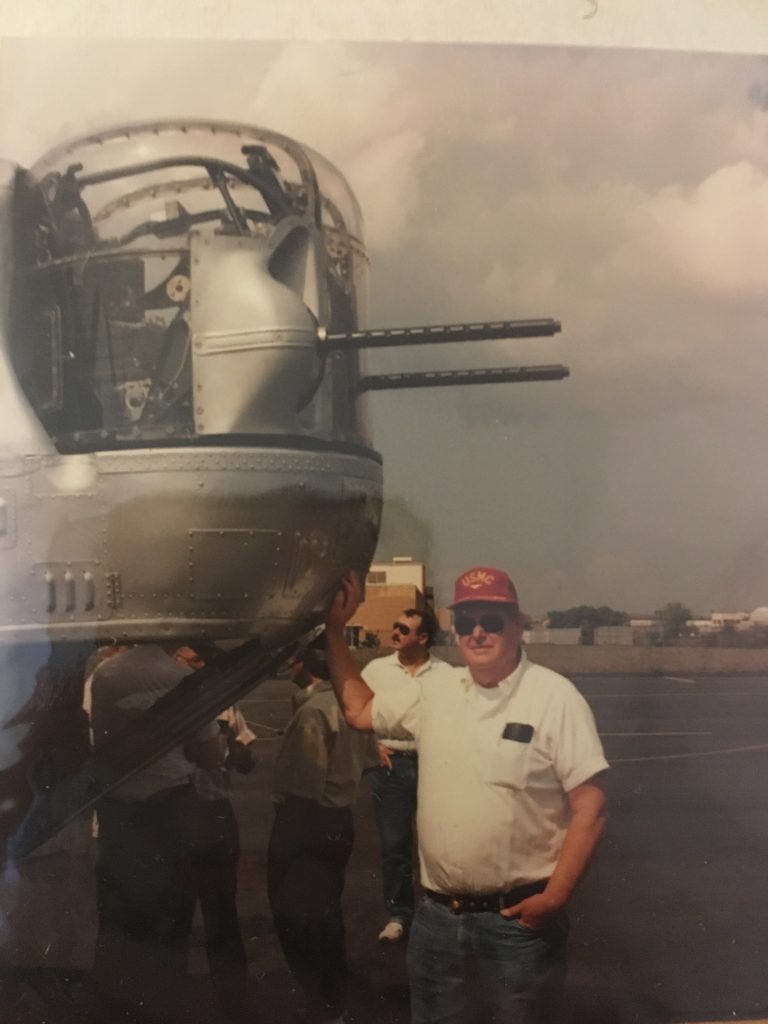
I also can’t help but think of independence as it relates to ALS. It was on July 4, 1939, now known as Lou Gehrig Appreciation Day, that the renowned Yankee player stated at Yankee Stadium: “For the past two weeks you have been reading about a bad break. Yet today I consider myself the luckiest man on the face of the earth.” I think I will always be in awe of his grace and dignity. Of course, I saw it in Ben, too.
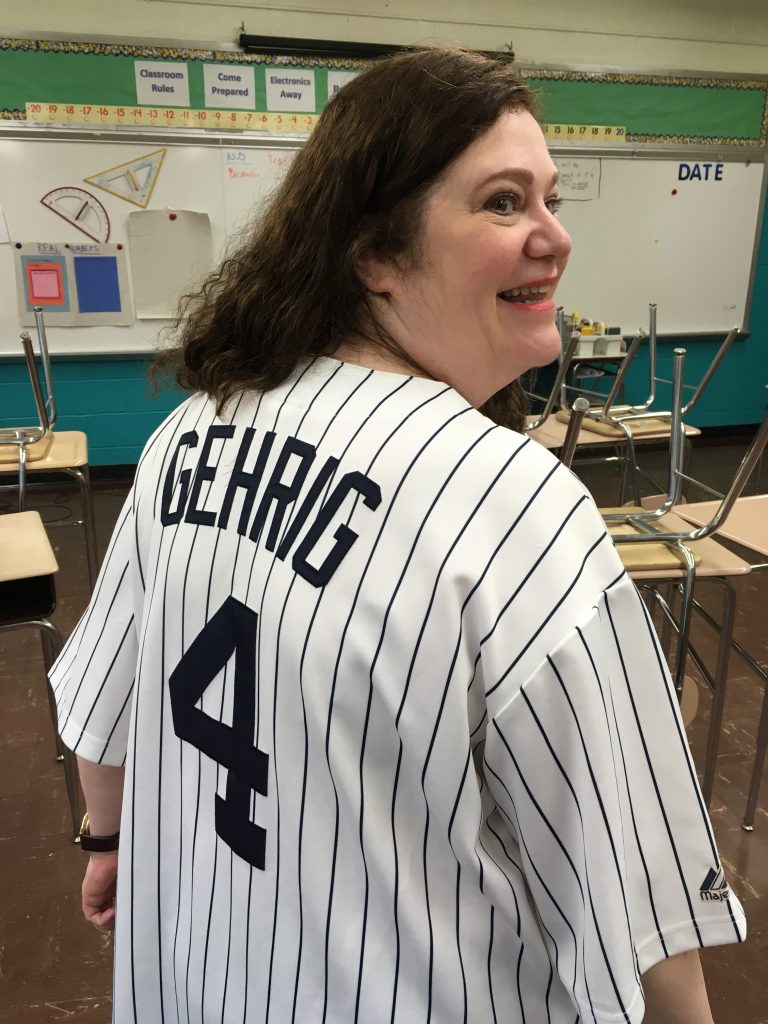
ALS, or amyotrophic lateral sclerosis, is a progressive neurodegenerative disease that ultimately results in the loss of voluntary muscle action. Patients are affected differently in terms of progression, but people may lose the ability to speak, eat, move and breathe in any order of events. Ben’s initial symptoms were weakness in his legs and lack of balance. Next, he struggled with the use of his arms and hands, then his ability to chew and swallow. His speech was impaired though he did not lose it until he had a tracheostomy, and he got a feeding tube at the same time.
Imagine the loss of all of those abilities that we take for granted. The Project ALS Don’t Talk-a-Thon underscores physical speech while calling attention to its dramatic impact of a loss of self-expression on our psyches. People with ALS cannot independently take care of daily life activities. That is a physical and emotional struggle. I was always struck by Ben’s sense of humor and determination to devise strategies for managing on his own. He was quick to purchase things like adaptive zipper pulls and computer accessories that allowed him to function at least somewhat independently. He loved his scooter and electric wheelchair because they gave him the freedom to get around and be outside. As he lost dexterity in his hands, it became more difficult for him to steer, but he could be out and about. He tried hard to avoid, for as long as possible, his loss of independence.
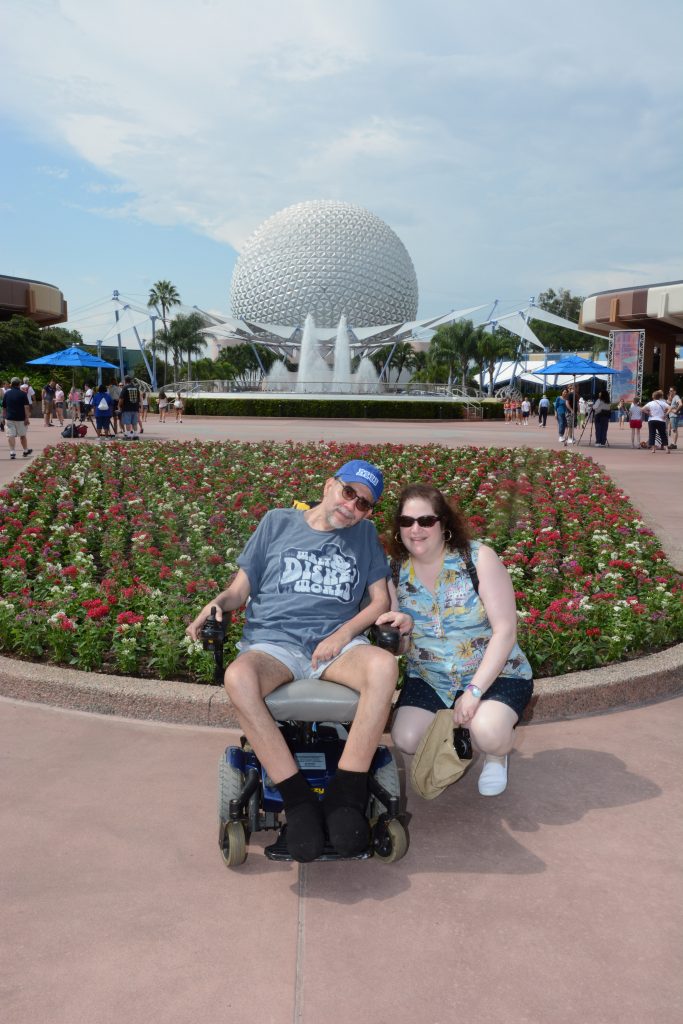
As Ben’s caregiver, as he became increasingly dependent on me, I, too, lost independence. This was an emotional battle for both of us. Even within couples and families, each person maintains a certain level of independence. Ben and I lost that independence, albeit in different ways. I witnessed Ben’s struggle and was consumed with trying to accommodate his efforts to maintain some level of independence. In the process, I compromised my own independence. Ben and I were dependent on each other in this world in which our relationship was shifting beyond our control and we desperately wanted to maintain some semblance of who we were at our core, before ALS. After I lost Ben, I was frequently told that it was good that I could now reclaim my freedom.
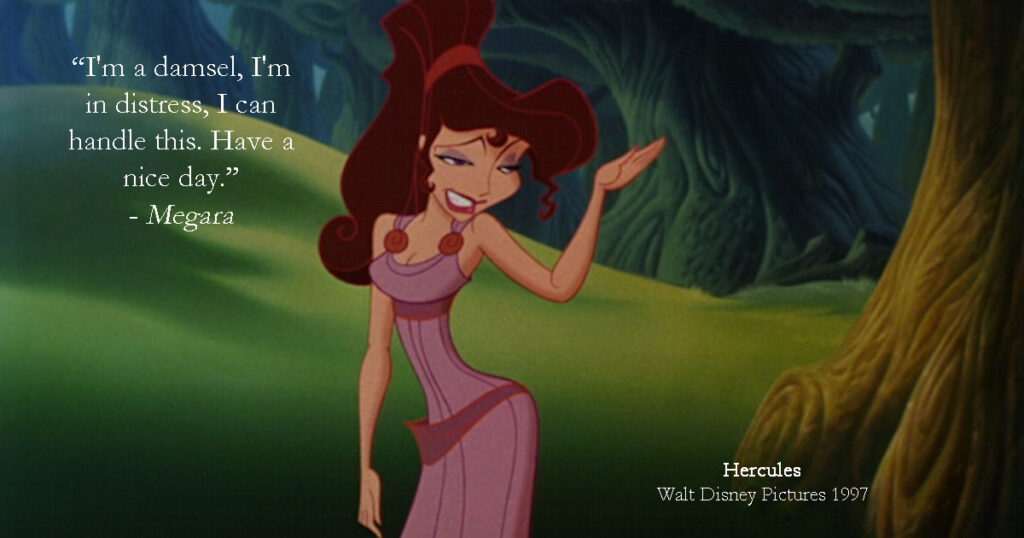
For a long time, I could relate to Megara from Hercules, who said, “I’m a damsel, I’m in distress, I can handle this. Have a nice day.” Sometimes, I feigned independence and being “fine” to try to convince others that I was okay, either for their peace of mind, because I did not want to confront their judgments and unsolicited advice. Sometimes, it was to convince myself. I owned my pain- I still do- but I have also learned to be unapologetic for my timetable and ways of processing grief. Independence originally felt like loneliness. It felt like I had no purpose, and I did not want to be my own purpose. Only now, nearly eight years later, am I more comfortable with the concept of independence. My experience left me with some battle scars, but it also left me with a tremendous appreciation of and perspective on independence and to support others who struggle with this. I blog, volunteer and do freelance consulting to maintain my deep connection to people who are experiencing ALS, as patients or caregivers. I am writing a memoir and workbook for caregivers and introducing in my school small initiatives to assist students who are family caregivers. Although Megara used her independence as a way to fend off people and not admit that she was vulnerable, I feel that embracing my independence has made me more able to communicate, admit when I need help, and build a new loving relationship. The challenge is finding the perfectly imperfect prince!
Walt Disney said that “Mickey Mouse is, to me, a symbol of independence.”This was said in the context of the success that it brought him and his company, and the freedom to pursue his dreams. “Independence” is vital to our existence in many literal and figurative ways. On Independence Day, we honor this country and its founding principles. Let’s be grateful for independence. Let us take this time to honor and support those who struggle with independence. Let’s fight to preserve those values that are currently under attack and being chipped away and could potentially impact on the medical care and research that strives to help make ALS more manageable and, ultimately, to eradicate this cruel disease. In my Disney way, I continue to wish for and dream about a cure for ALS and all other diseases.
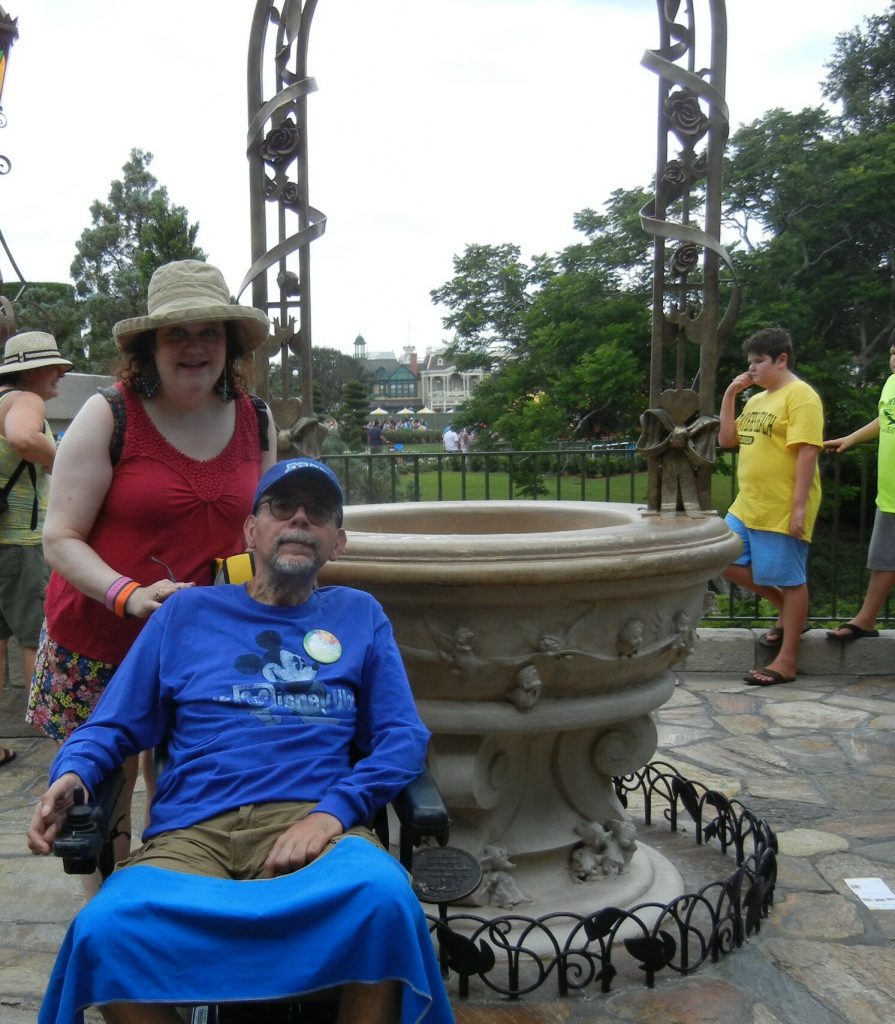
Happy and Hopeful Independence Day.
